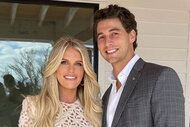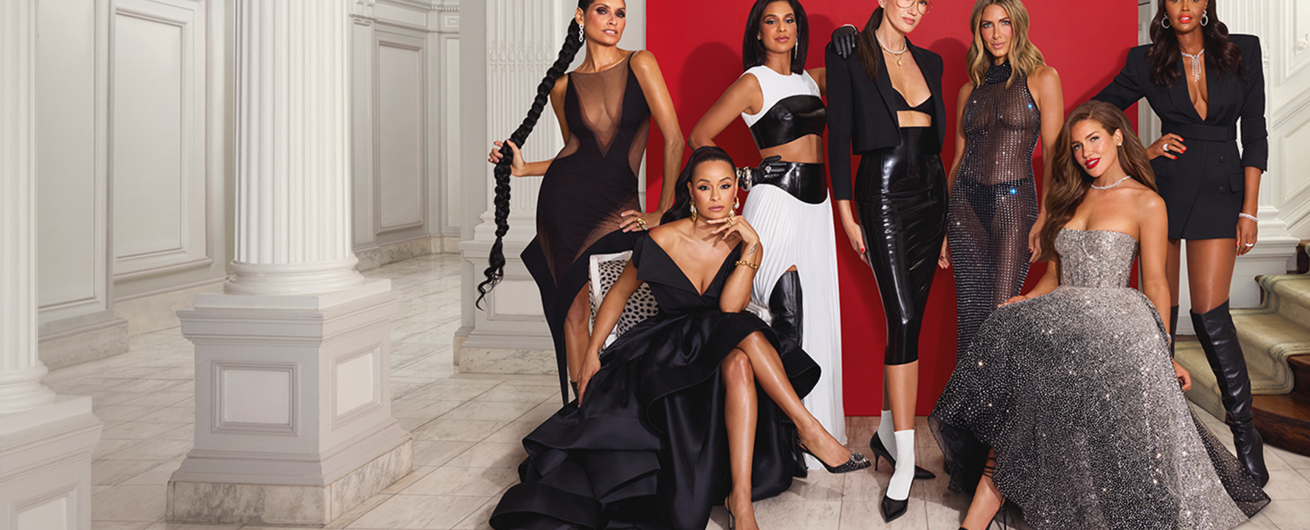
Create a free profile to get unlimited access to exclusive videos, sweepstakes, and more!
Here's What Makes a Person "Toxic" and How to Unfriend Them — With Tips from Dorinda Medley
The word is so commonly used, who exactly qualifies?

Have a “friend” who’s always putting you down, insulting you or making snide remarks? That person is considered toxic.
The word is thrown around so often, we lose sight of exactly what qualifies as a toxic friend. According to Florence Isaacs, author of Toxic Friends/True Friends, a “friendship is between two peers…with a balance in the friendship for it to be healthy,” she tells WebMD.
“[It’s not] one person whose needs get met and another whose needs are overlooked,” she adds. “Friendships are important everywhere, and they have positive things to contribute to all areas of your life. But that means they can also be toxic in any of these areas as well.”
Isaacs explains what qualifies as a toxic friendship: “unsupportive, draining, unrewarding, stifling, unsatisfying, and often unequal.”
“Toxic friends stress you out, use you, are unreliable, are overly demanding, and don't give anything back,” she says.
Now when it comes to how to handle it, it's often easier said than done so Chelsea White, the host of Bravo's new digital series Adulting, sat down with The Real Housewives of New York City's Dorinda Medley to get her advice on when, why and how to dump a "friend" ... like an adult. Watch (and learn) for yourself in the clip above.
There’s a big difference between someone treating you like this on a consistent basis, or someone — even you — just having a bad day and snapping at a friend. It happens.
The easiest way to tell if a relationship is actually toxic is if after you leave them, you feel terrible, or drained emotionally or mentally, there you go. Another clue? When you feel trapped by the friendship and you feel you can’t get out of it easily.
If you continue the friendship, you are hurting yourself, so don’t be a “pleaser personality” who wants everyone to like you, because they won’t. Next, set boundaries and don’t give more than you want or are capable of. Find healthier people to hang out with — and who will be honest about your toxic friend. Maybe the bad friend is going through a hard time — suggest they get therapy.
If none of the above work, it’s time to end the friendship. It’s hard, but you will be better off in the long run. Let the toxic person move on to the next person. Then the next person. Who cares? It's not your problem anymore.






























